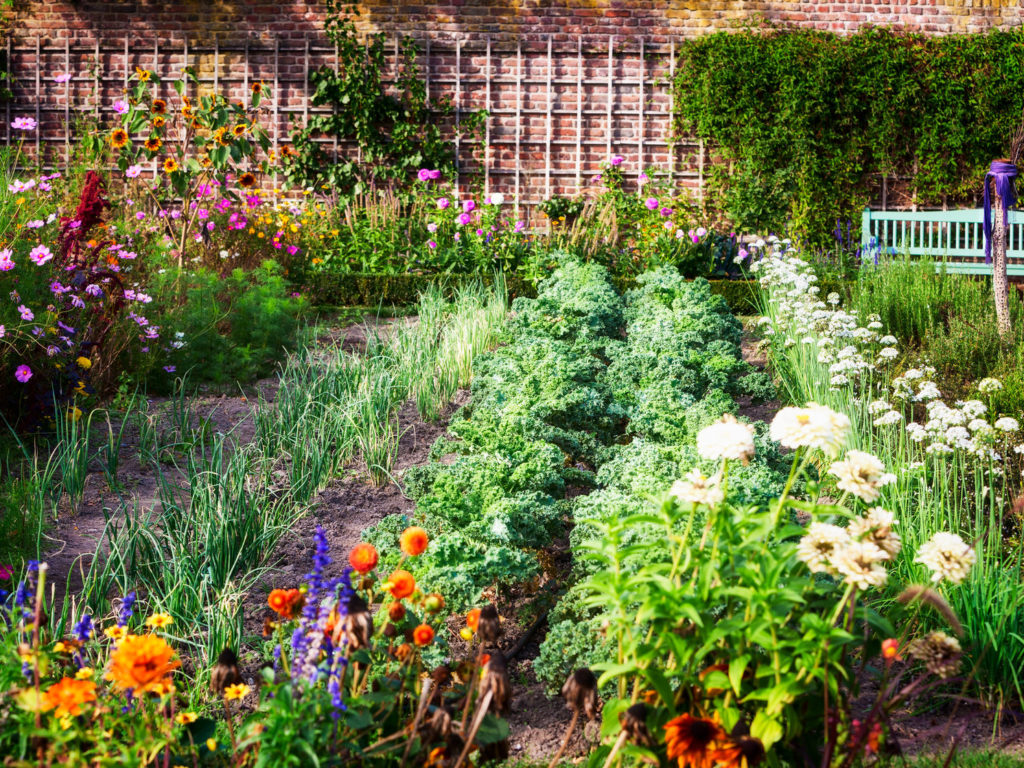Starting this Friday, September 20, millions of people around the world will join young climate activists on the streets and demand climate justice. Here at Only Organic, we are advocating the best actions to take in support of climate justice and that is to choose certified organic food and support local organic farmers. Farming practices commonly used in organic agriculture can help to reduce greenhouse gas emissions. These practices are a good defense against pests and extreme weather events like floods and droughts. Organic agricultural practices are also essential in building soil carbon, a critical component in soil health and soil fertility. The primary benefit of organic crop and livestock production, compared to conventional agriculture, is that it is focused on soil-based production with underlying principles of maintaining or improving soil quality. Healthy soil counteracts climate change by pulling carbon out of the atmosphere. Recent data from farming systems and pasture trials around the globe show that we could sequester more than 100 percent of current annual CO2 emissions with a switch to organic agriculture practices.

To dive deeper into the issue, we’ve pulled together climate change-related news stories and studies below.
- How Organics Fight Climate Change
- Regenerative Organic Agriculture and Climate Change
- Climate change being fuelled by soil damage – report
- Organics’ Relationship to Climate Change
- To Combat Climate Change, Start From the Ground Up (With Dirt)
- Investors Join Calls for a Food Revolution to Fight Climate Change
- Denmark: ‘food labels should include climate impact’
- Climate Change Threatens Food Supply
- Can Dirt Save the Earth?
- How A Regenerative Revolution Could Reverse Climate Change









